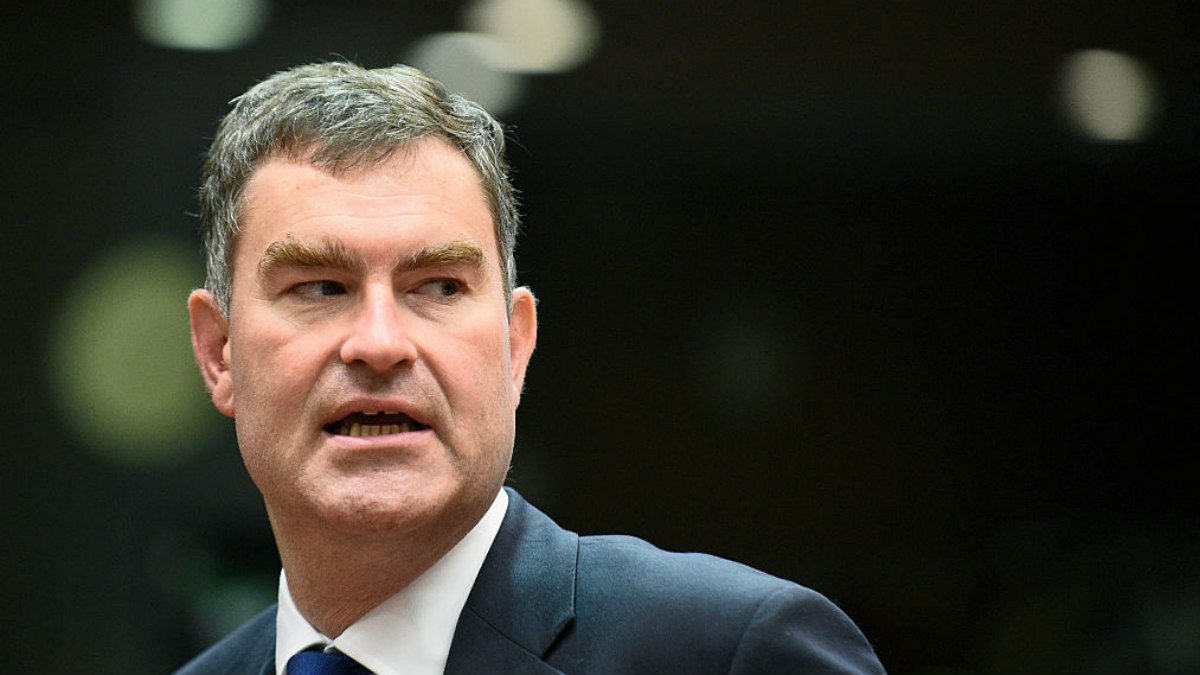UK to match EU subsidies if they're in 'national interest'
Government will take over funding if test proves it is of benefit to the nation, says David Gauke

A free daily email with the biggest news stories of the day – and the best features from TheWeek.com
You are now subscribed
Your newsletter sign-up was successful
Every penny of EU funding spent in the UK will undergo a "national interest" test to see whether it should be continued after Brexit, a senior government minister has said.
David Gauke, the chief secretary to the Treasury, said Britain will "only match EU funding after the country leaves the bloc if it can be proved to benefit the nation", reports the Daily Telegraph.
The government "will consult closely with stakeholders to review all EU funding schemes… to ensure that any ongoing funding commitments best serve the UK's national interest, while ensuring appropriate investor certainty", he added.
The Week
Escape your echo chamber. Get the facts behind the news, plus analysis from multiple perspectives.

Sign up for The Week's Free Newsletters
From our morning news briefing to a weekly Good News Newsletter, get the best of The Week delivered directly to your inbox.
From our morning news briefing to a weekly Good News Newsletter, get the best of The Week delivered directly to your inbox.
"Naturally, we will need to address the future of all programmes that are currently EU-funded, once we have left the EU. Leaving the EU means we will want to take our own decisions about how to deliver the policy objectives previously targeted by EU funding."
Cornwall council, in the hours after the shock Brexit victory was announced, made headlines by demanding the protection of its EU subsidies despite a majority in the region voting to leave the bloc.
Chancellor Phillip Hammond last week said he wanted to give "reassurance... stability and certainty" by pledging that farmers, universities and some of the UK's poorest regions will continue to receive the billions of pounds they get from EU subsidies.
However, the government only promised to fill the £4bn shortfall until 2020, after which EU subsidies for initiatives such as infrastructure and energy projects could be reviewed and potentially discontinued.
A free daily email with the biggest news stories of the day – and the best features from TheWeek.com
According to The Guardian, Hammond's pledge, which is designed to boost the economy during a period of uncertainty, will extend to "all structural and investment fund projects, as long as they are agreed before the Autumn Statement".
It adds: "If a project obtains EU funding after that, an assessment process by the Treasury will determine whether funding should be guaranteed by the UK government post-Brexit."